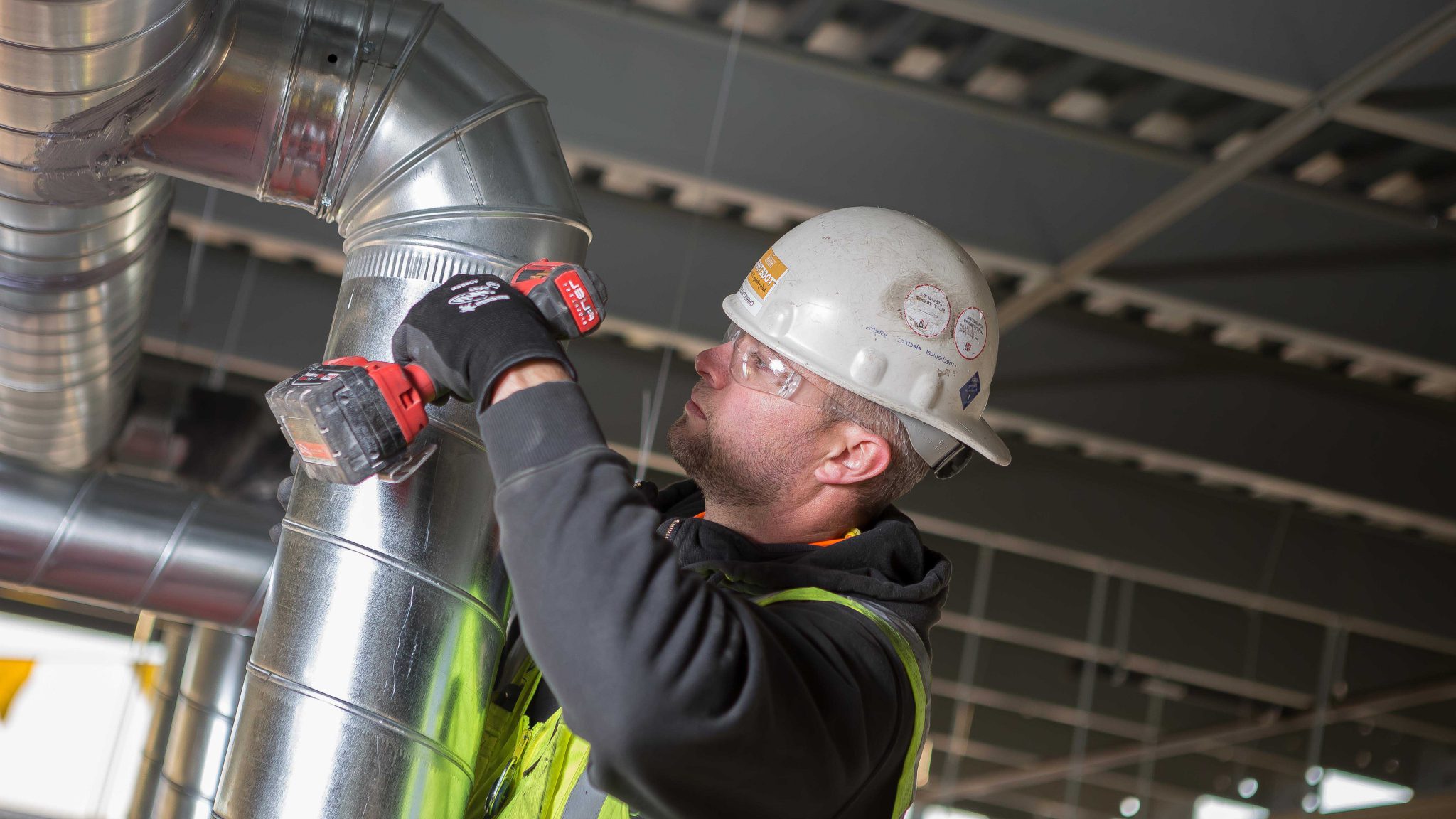
In the intricate web of modern infrastructure, HVAC (Heating, Ventilation, and Air Conditioning) systems stand as a cornerstone, ensuring comfort, safety, and efficiency in a myriad of environments, from residential buildings to commercial complexes, industrial facilities, and beyond. At the heart of these systems are the HVAC grille mechanical contractors, whose expertise and precision craftsmanship play a pivotal role in designing, installing, and maintaining these indispensable systems. HVAC mechanical contractors are professionals with specialized knowledge and skills in the installation, repair, and maintenance of heating, ventilation, and air conditioning systems. They are integral to the construction industry, collaborating closely with architects, engineers, and building owners to ensure that HVAC systems are not only functional but also energy-efficient, environmentally friendly, and compliant with regulations. The work of HVAC mechanical contractors encompasses a wide array of tasks, requiring a diverse set of skills and expertise. They must possess a deep understanding of HVAC principles, including thermodynamics, fluid mechanics, and heat transfer, as well as proficiency in interpreting blueprints, schematics, and technical specifications.
Moreover, HVAC mechanical contractors must stay abreast of advancements in technology and industry standards to deliver cutting-edge solutions to their clients. From traditional HVAC systems to modern energy-efficient designs, they are adept at evaluating the unique requirements of each project and recommending the most suitable equipment and configurations. One of the primary responsibilities of HVAC mechanical contractors is the design and installation of HVAC systems. This process begins with a comprehensive assessment of the building’s layout, occupancy, and environmental factors. Based on this analysis, contractors develop customized solutions that optimize comfort, indoor air quality, and energy efficiency. During the installation phase, HVAC mechanical contractors work meticulously to ensure that all components are assembled and integrated correctly. From ductwork and piping to control systems and ventilation units, every aspect of the HVAC system must be installed with precision to guarantee optimal performance and longevity.
In addition to installation, HVAC mechanical contractors play a critical role in the ongoing maintenance and repair of HVAC systems. Regular maintenance is essential for preserving the efficiency and reliability of HVAC equipment, as well as preventing costly breakdowns and premature failures. HVAC mechanical contractors conduct routine inspections, tune-ups, and cleaning procedures to keep HVAC systems operating at peak performance. They also diagnose and troubleshoot issues as they arise, employing their expertise to identify the root causes of problems and implement effective solutions promptly. In recent years, there has been a growing emphasis on energy efficiency and sustainability in the HVAC industry, driven by concerns over climate change and rising energy costs. HVAC mechanical contractors are at the forefront of this movement, pioneering innovative solutions that minimize energy consumption and reduce environmental impact. Through the use of advanced technologies such as variable refrigerant flow (VRF), geothermal heat pumps, and smart building automation systems, HVAC mechanical contractors can optimize energy usage while maintaining optimal comfort levels. They also advise clients on eco-friendly practices and renewable energy options to further enhance sustainability.
Compliance with regulatory requirements and safety standards is paramount in the HVAC industry, particularly concerning issues such as indoor air quality, refrigerant management, and occupational safety. HVAC mechanical contractors must stay informed about relevant regulations and codes established by governmental agencies and industry organizations. By adhering to these standards, HVAC mechanical contractors help ensure the health, safety, and well-being of building occupants while minimizing the risk of legal liabilities and fines. They also undergo rigorous training and certification programs to demonstrate their proficiency in safety protocols and best practices. In the ever-evolving landscape of modern infrastructure, HVAC mechanical contractors stand as unsung heroes, working tirelessly behind the scenes to create environments that are comfortable, healthy, and sustainable. Their expertise, craftsmanship, and dedication are essential elements in the design, installation, and maintenance of HVAC systems that form the backbone of our built environment. As technology continues to advance and environmental concerns grow more pressing, the role of HVAC mechanical contractors will only become more vital. By embracing innovation, upholding standards of excellence, and prioritizing the needs of their clients and communities, HVAC mechanical contractors will continue to shape the future of HVAC systems for generations to come.